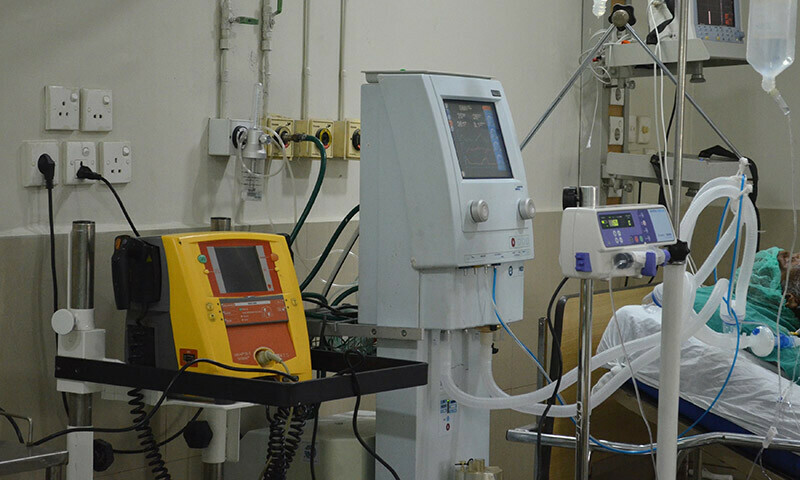In a landmark decision, the Islamabad Health Regulatory Authority (IHRA) has issued policy directives instructing hospitals in the Islamabad Capital Territory (ICT) to immediately release the bodies of deceased patients, prohibiting the practice of withholding them over unpaid medical bills.
For years, families of deceased patients in Islamabad faced the distressing situation of hospitals refusing to release the body until all medical bills were paid. This caused immense emotional and financial strain as loved ones had to manage funeral arrangements while dealing with the pressure of outstanding charges.
Many families, already burdened by medical costs and grief, were forced to settle bills upfront before receiving the body. This issue was particularly common in private hospitals, which often charged high advance fees.
The notification, issued by the board of IHRA read, “ In adherence to patients’ rights and ethical standards, all hospitals in Islamabad are hereby directed to refrain from retaining or holding the body of any deceased patient on account of outstanding financial payments.“
The announcement has been met with widespread public appreciation, marking a much-needed intervention in a practice that has long caused distress to grieving families.
Citizens said when patients passed unexpectedly or after prolonged illnesses, families struggled to gather the funds, risking delays in burying their loved ones.
They said the directives from IHRA’s newly appointed board have brought immense relief to the public, with many taking to social media and public forums to voice their gratitude.
Haider Ali, a resident of Islamabad, shared his experience, “This decision is a blessing for families going through the toughest time of their lives.”
He said, “I recently lost my father to a sudden heart attack, and I was forced to run from pillar to post to pay bills before we could bury him. It was traumatic. I am so relieved to see this change.”
Appreciating this move, Advocate Imran Ali said, “This was long overdue. Families are already shattered by loss, and to add the financial burden of ‘paying for the body’ is inhumane.”
He said, “I hope this new rule helps prevent this exploitation. Hospitals shouldn’t use death as a business transaction.”
Medical professionals, too, have expressed support for the move, with many acknowledging that it would ease the pressure on families while encouraging hospitals to adopt a more compassionate approach in such sensitive circumstances.
Professor Dr Nasir Ali, a cardiologist at Pakistan Institute of Medical Sciences (Pims), commented on the new directives, stating, “While it’s essential for hospitals to cover their operational costs, we must ensure that families are not exploited during their most vulnerable moments.
He said, “This directive strikes a crucial balance between financial sustainability and preserving the dignity of the deceased.”
He recommended that hospitals should set aside funds for such emergencies, as they generate substantial revenue year-round, and deaths, though tragic, are relatively infrequent.
He highlighted the issue of holding death certificates by the hospitals to clear their dues which he thinks, is against our religious, social and moral values.
This decision aligns with similar practices in many countries worldwide, where the ethical considerations surrounding the release of deceased bodies have taken precedence over financial transactions.
In the UK, the National Health Service (NHS) ensures hospitals cannot withhold bodies over unpaid bills, prioritising dignity for the deceased and compassion for families.
Similarly, in Canada and Australia, hospitals and funeral homes release the deceased without delay, even without full payment, with outstanding bills settled later through insurance or payment plans.
While the new directive has been praised, experts warn that hospitals will need a sustainable model to recover costs.
They said private hospitals, relying on upfront payments, may face challenges, requiring better financial support and regulation.
Citizens were of the view that IHRA’s decision was a significant step towards a compassionate healthcare system in Islamabad, ensuring the immediate release of deceased bodies.
They said balancing hospital finances and patient welfare will be challenging, the public support highlights the demand for more humane healthcare practices.







